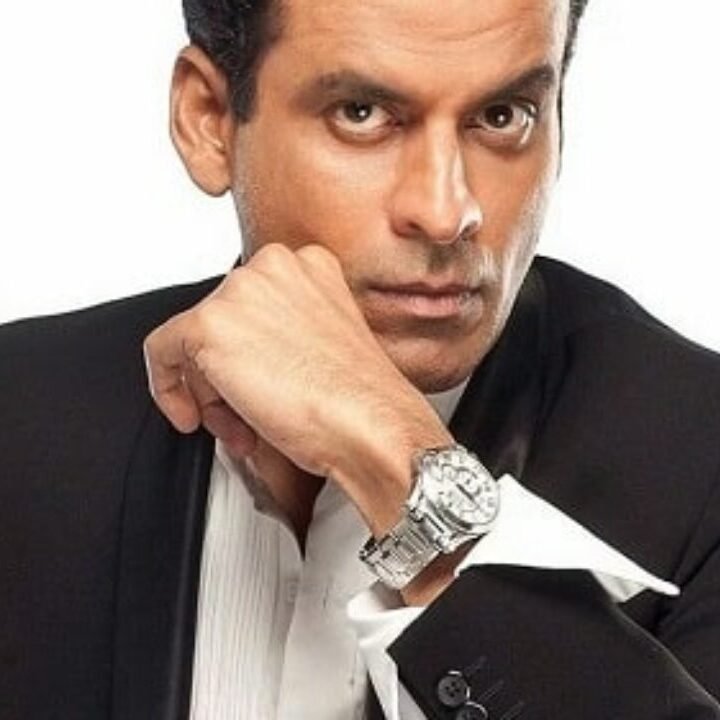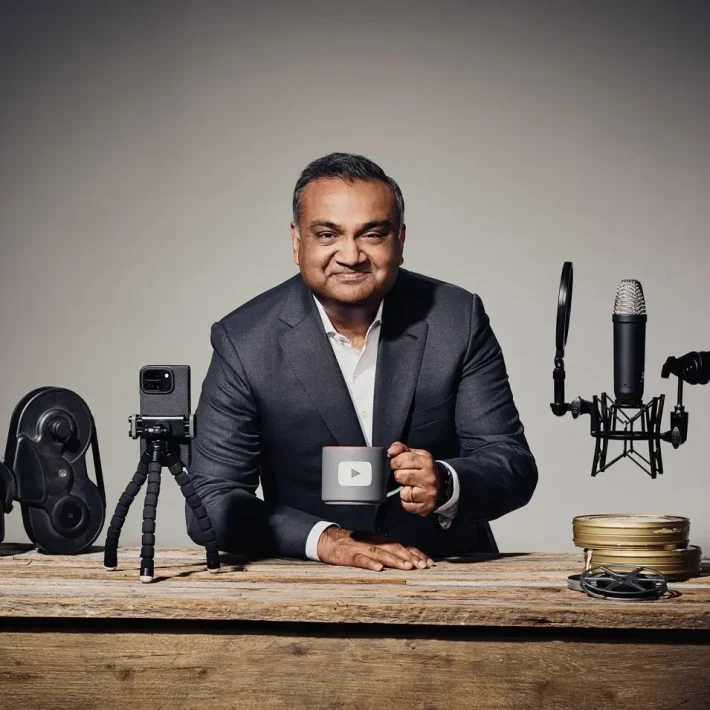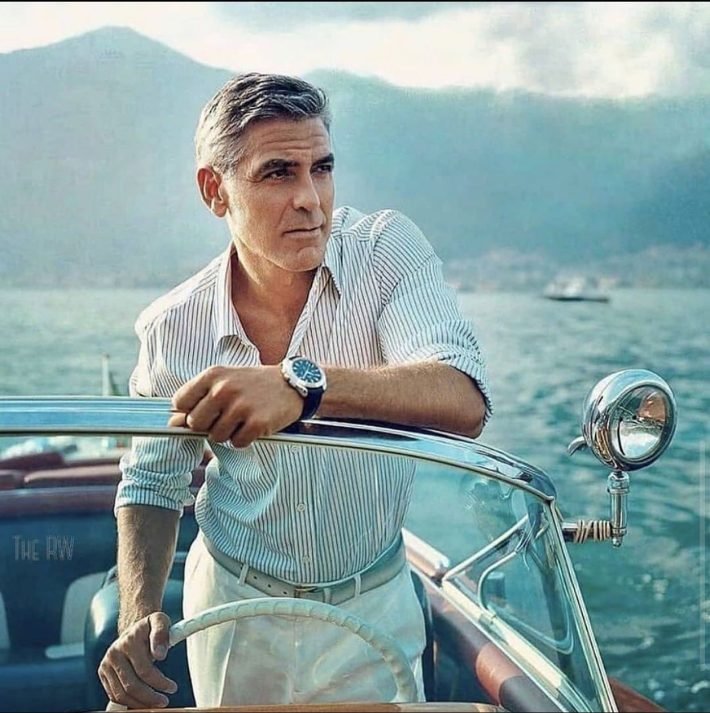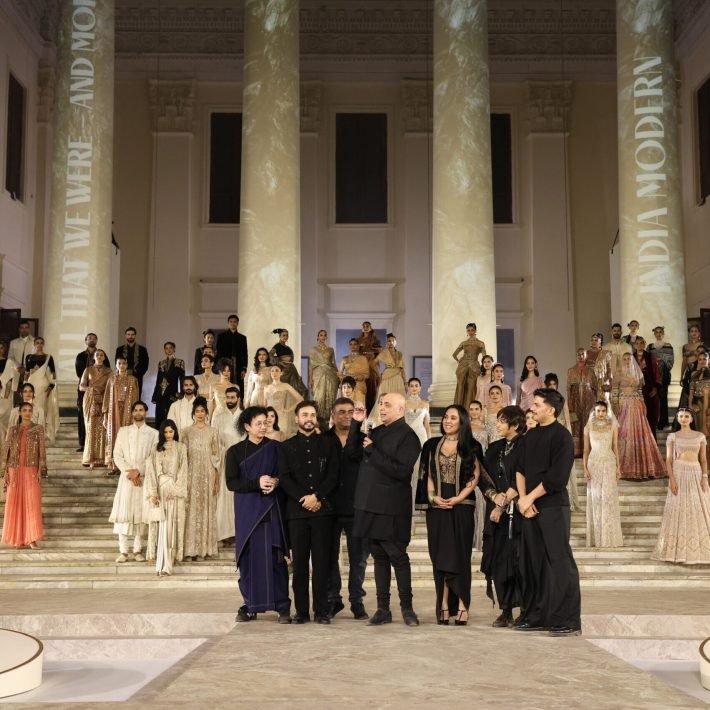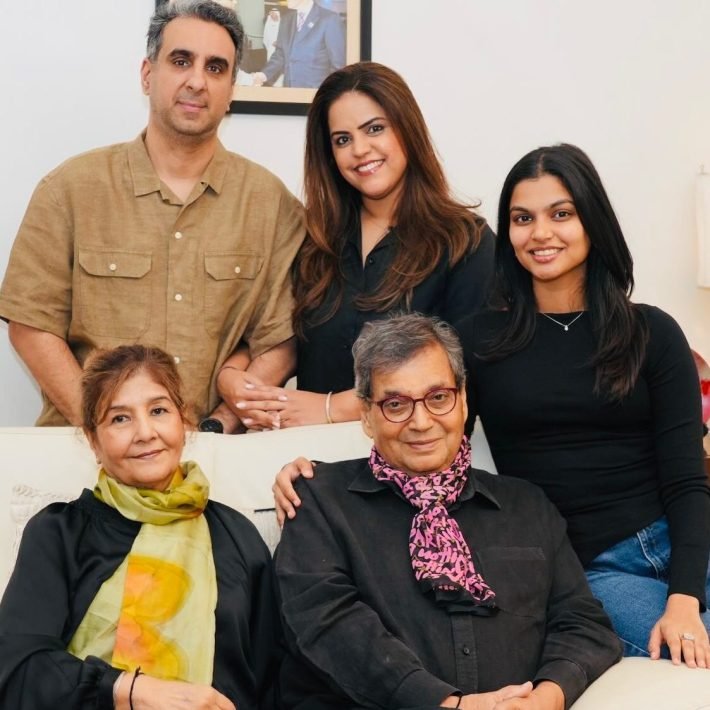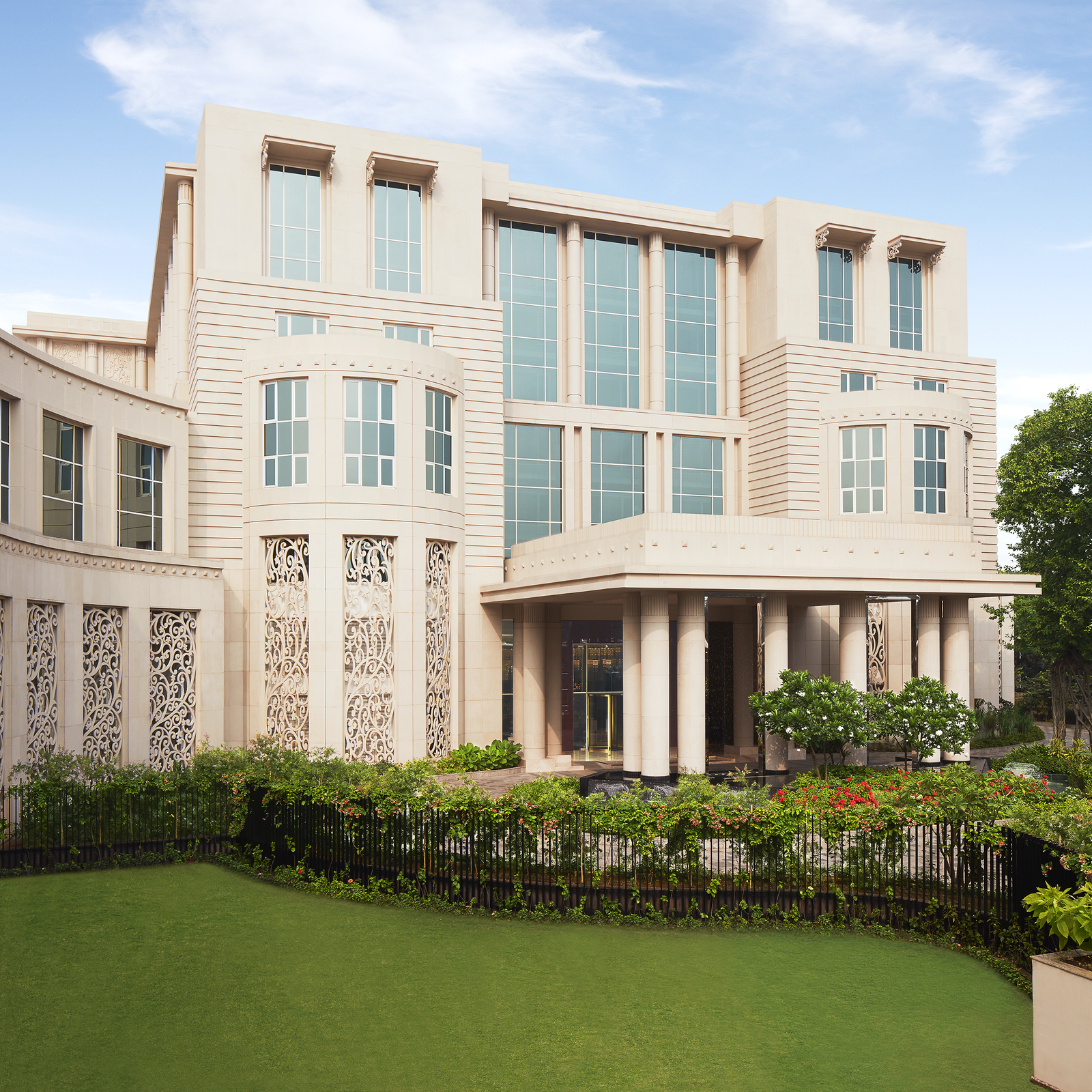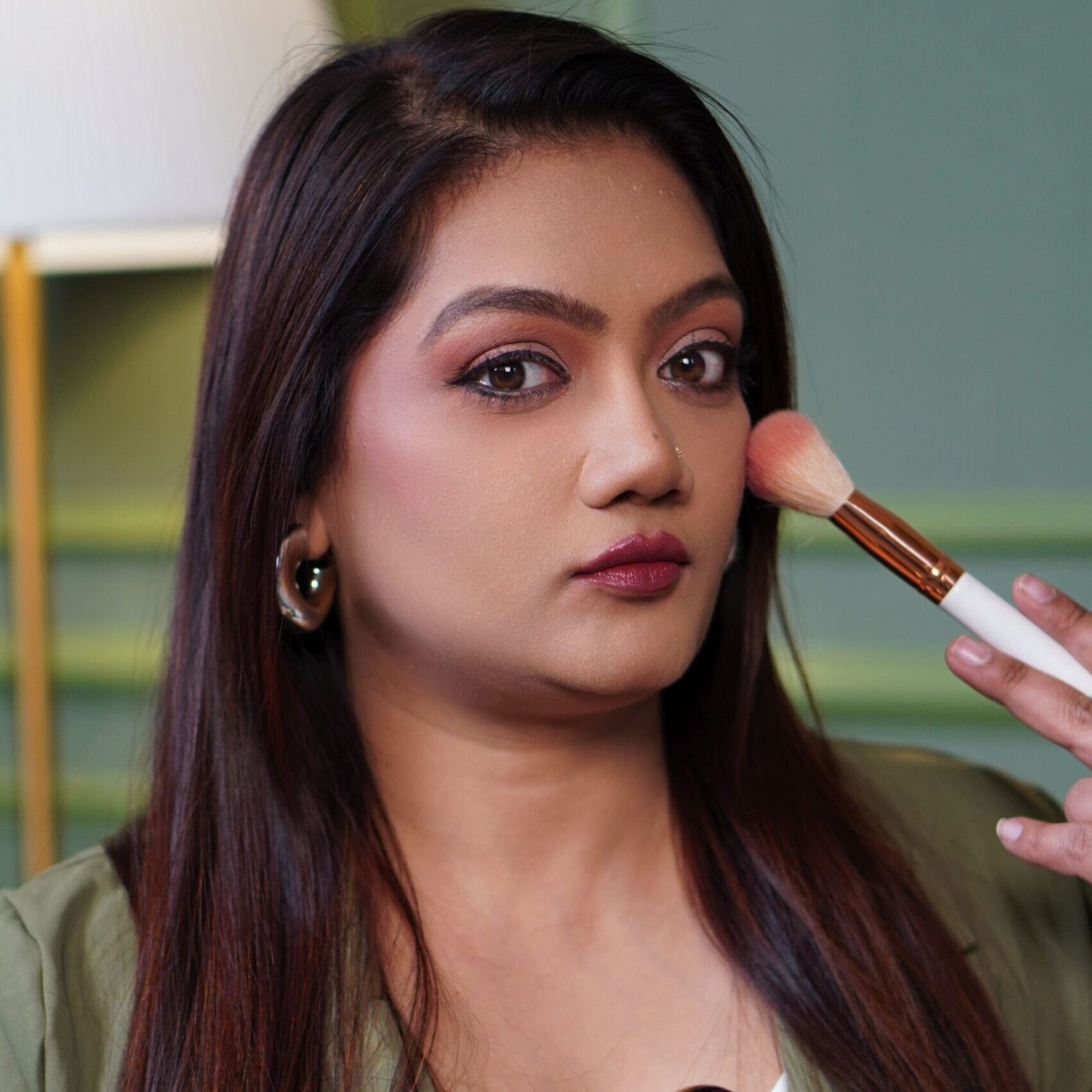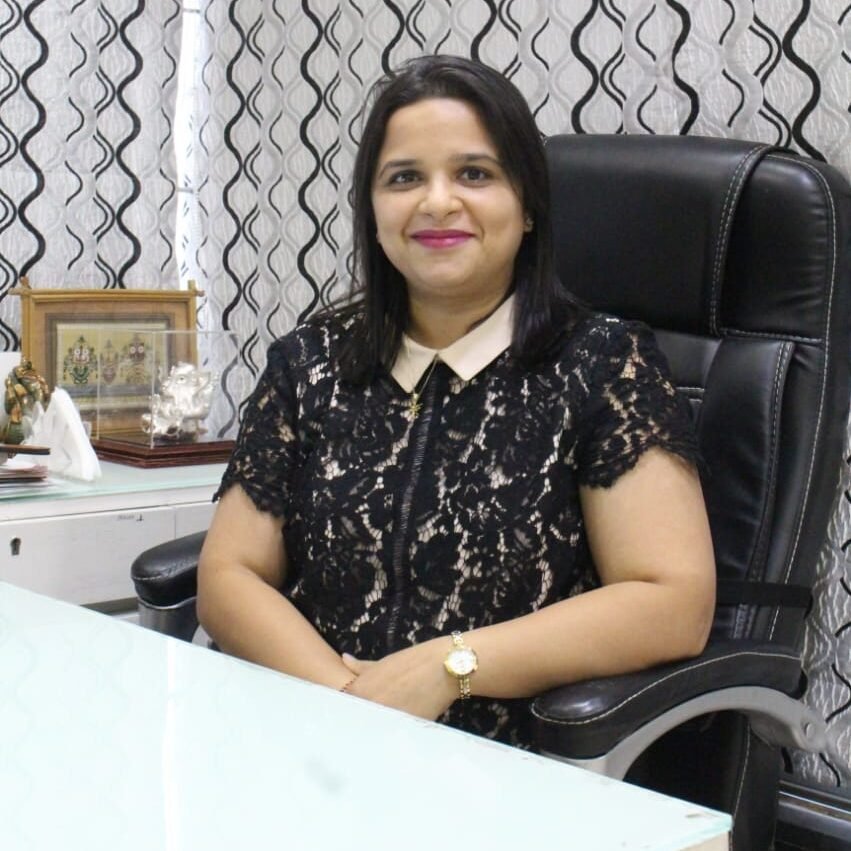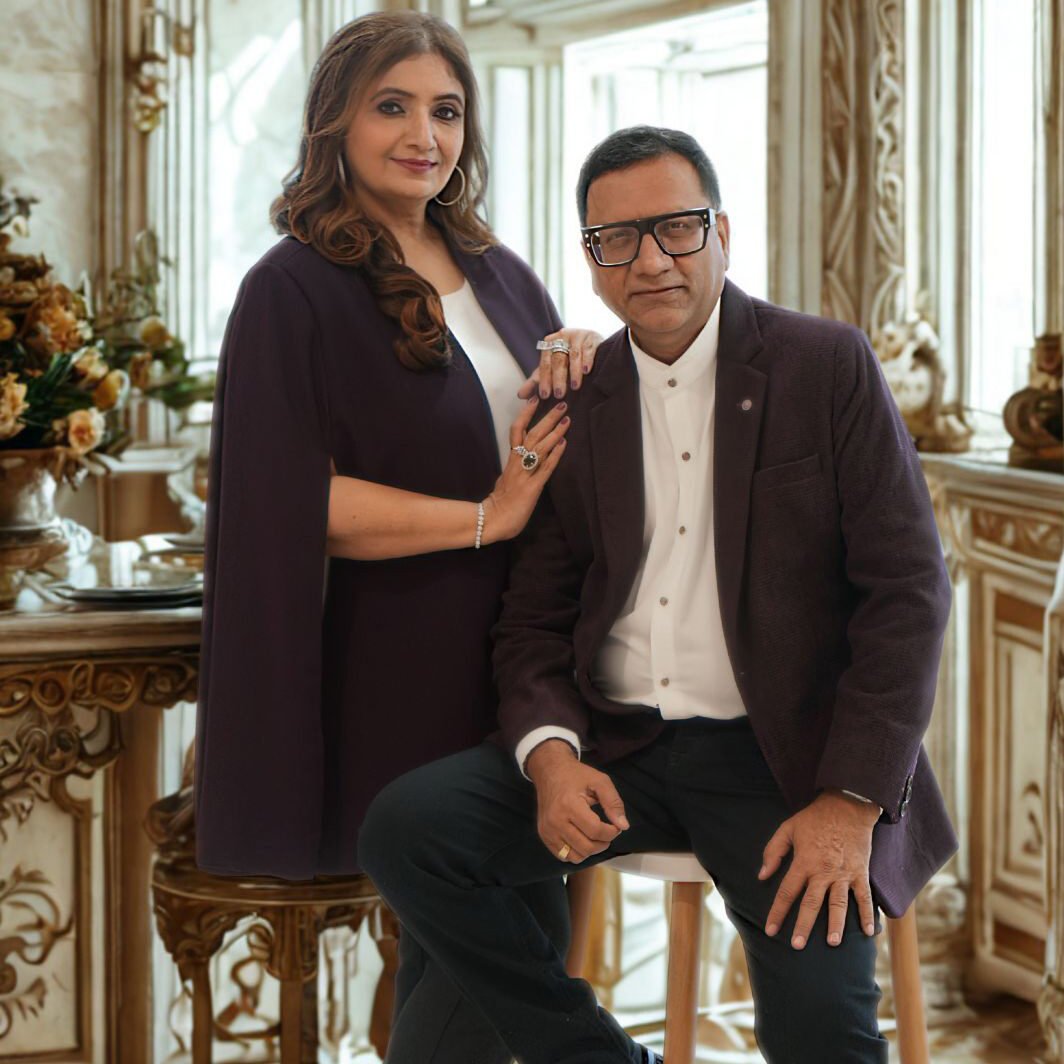Actor Manoj Bajpayee gets candid about his Bollywood sojourn and dives into how thrilled and grateful he is for the opportunities going his way.
By Nichola Marie
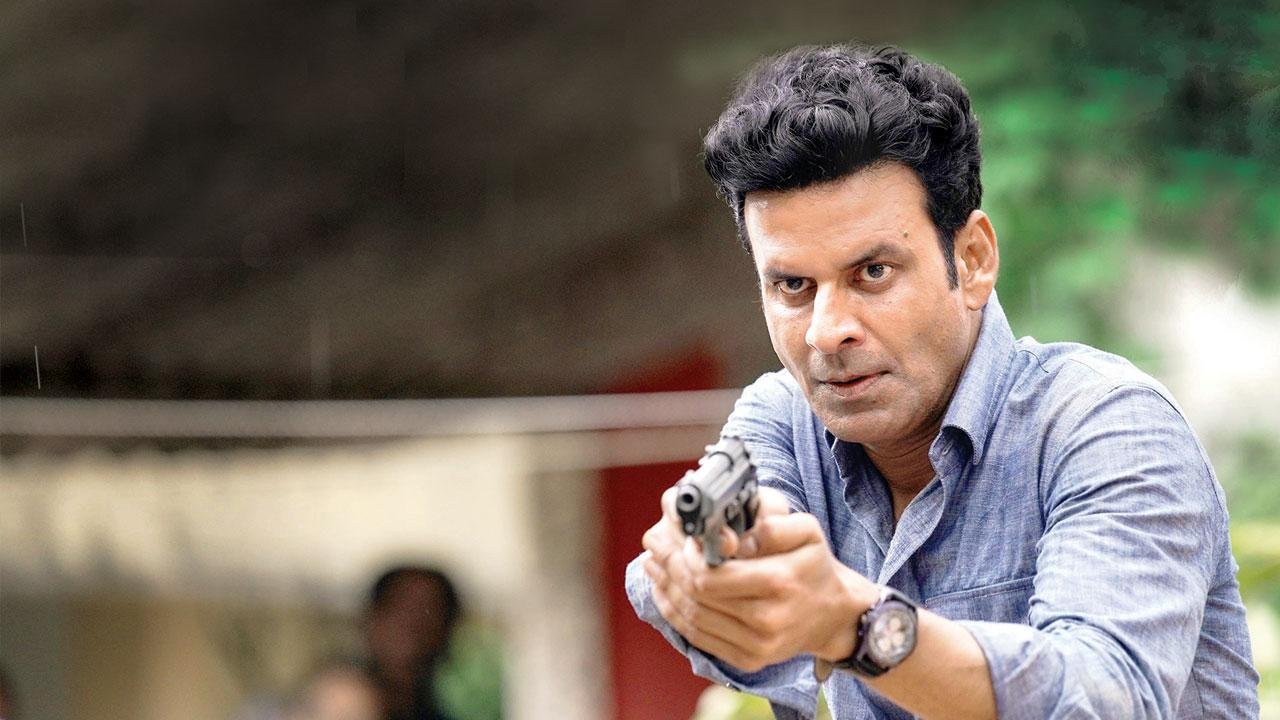
As sheer acting brilliance slowly but surely trumps starry heft, Manoj Bajpayee is rightfully winning all the attention he deserves. If his career graph is studded with unforgettable acting gems garnered over the years, he finds the present times brimming with opportunities. The actor talks about his latest release, why he avoids watching his films, and why his life is a miracle, no less!
Your latest release, ‘Gulmohar’ follows the final four days of the Batra family living in their 31-year-old family home as they move to a new city. What was it that attracted you to it, and what makes it compelling viewing?
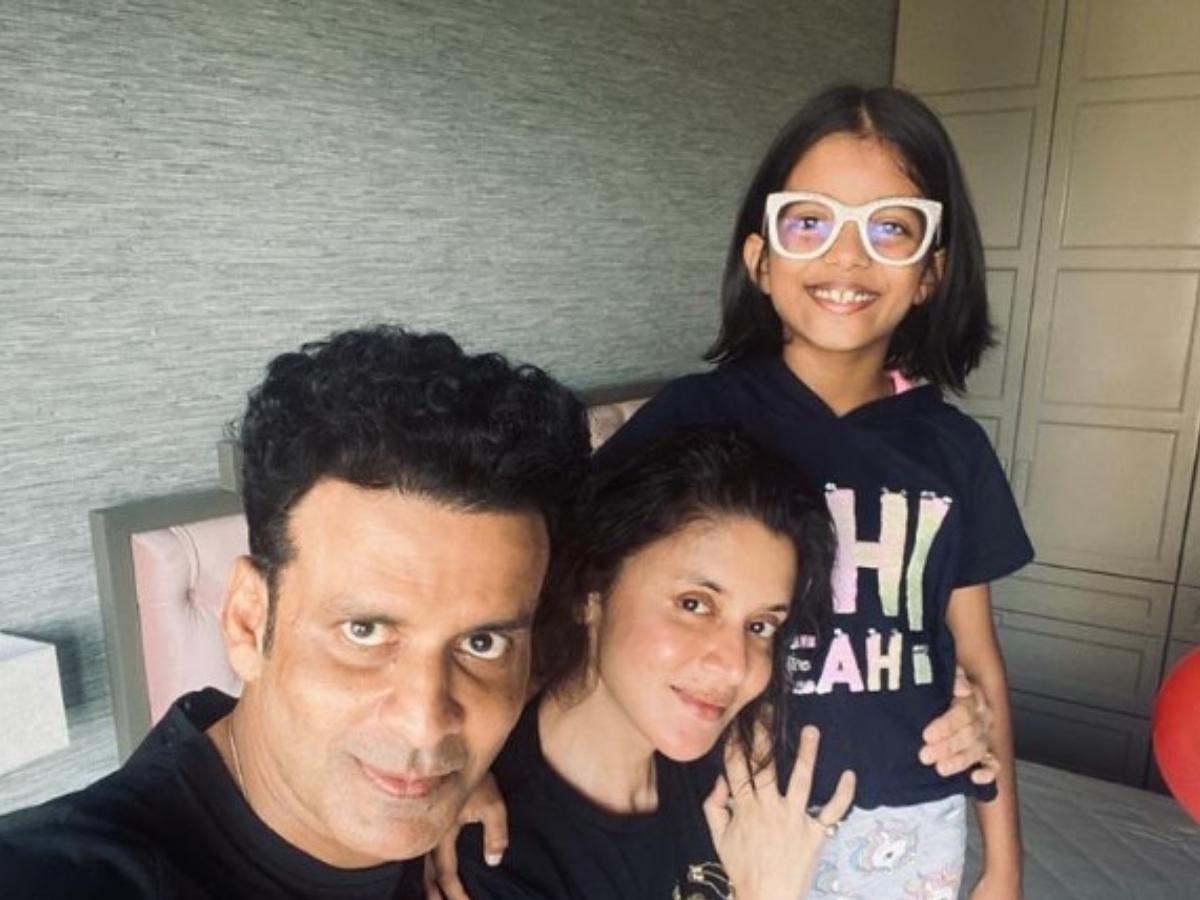
What attracted me to it are all the things that you just mentioned in your question. It’s about a bungalow, which is on sale and how all the interpersonal relationships start getting complicated, and how secrets start surfacing. My character is someone who is standing right in the middle where his mother and his son are just refusing to really agree with him… So, he’s at the crossroad of his life. The characters, the conflict between the characters, these are the things that are quite unique. And they will compel you to really get into the story and feel as if you’re part of that household.
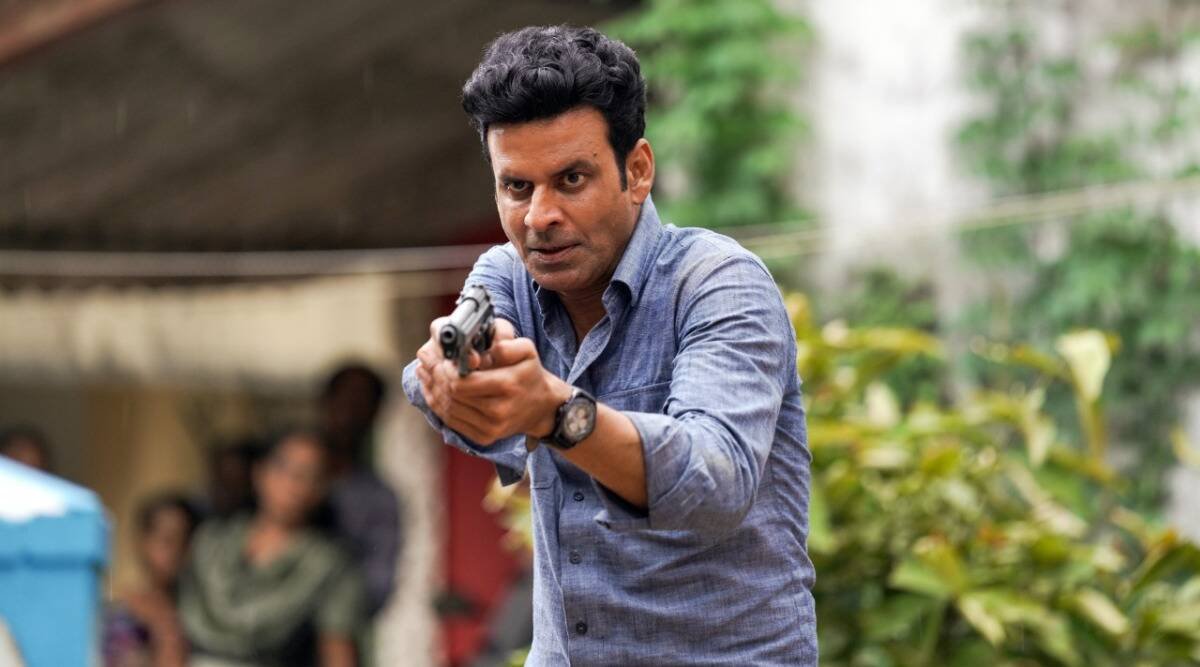
The cast also includes well-admired veterans like Sharmila Tagore and Amol Palekar. What was it like shooting with these greats?
Oh, these are two greats. I’ve grown up watching them, admiring them. It was something very hard to believe that I was, you know, talking to Sharmilaji whenever I had scenes with her, and even if we didn’t, since we kind of ate together, laughed together and shared many things about each other’s life. I just observed her working and her discipline, and the enthusiasm with which she used to land up on set. Same goes for Mr Amol Palekar; I always admired him as an actor, and also there is a common thing that he’s been from theatre. And those were the things that we used to discuss – his cinema, the kinds of cinema that he has done, and how, even in the time of major commercial stars, he managed to come up with some really unique films and those films became successful. So, I was in awe of Mr Amol Palekar and his discipline. The work that he does on each and every line, and each and every word and move, is something quite fascinating.
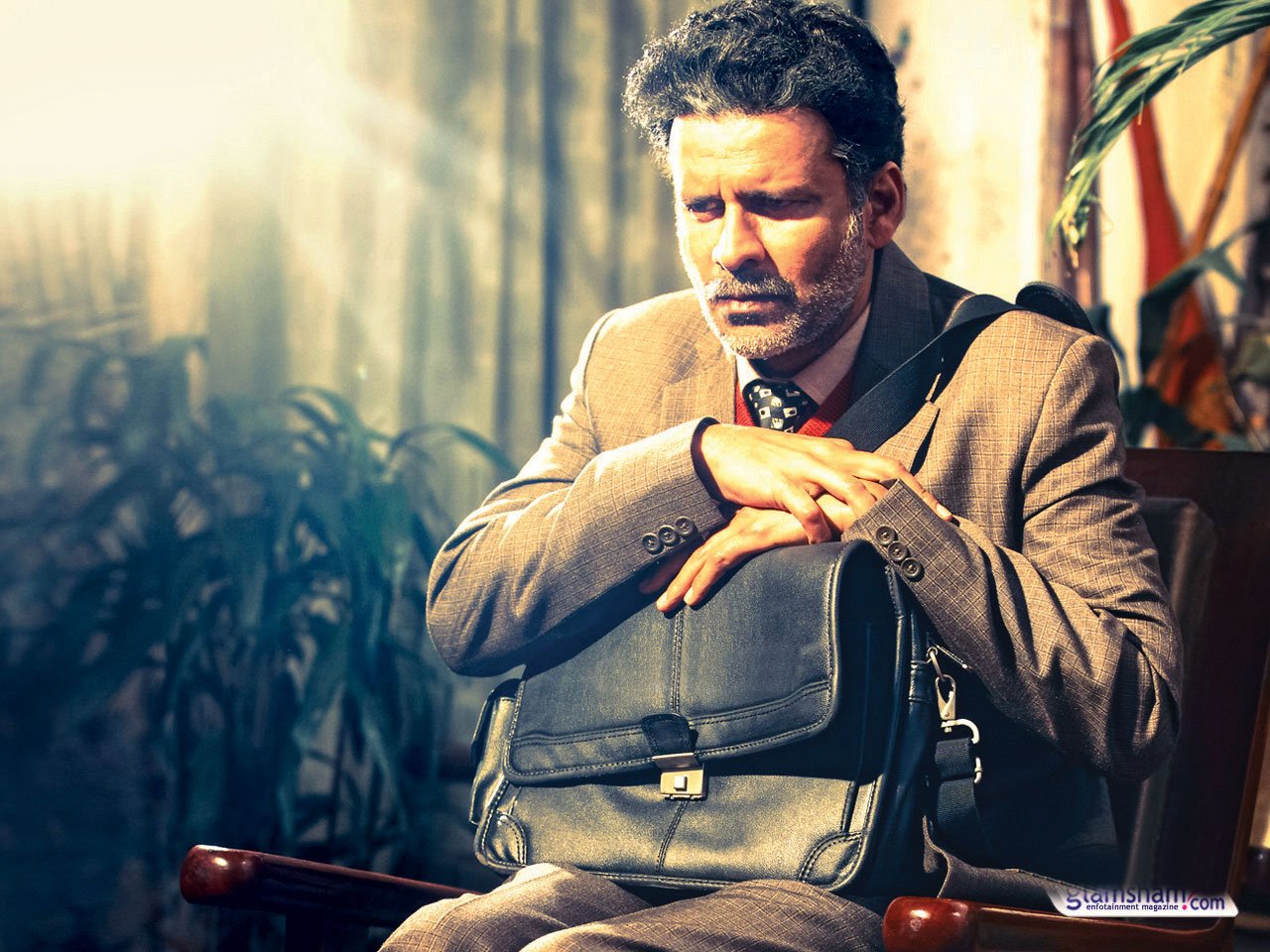
You yourself are one of the greatest performers of contemporary Indian cinema. After all these years, do you ever get nervous facing the camera? Has your performing process changed?
Thank you very much for the compliment. I don’t know… I get nervous. Because I really don’t know if I’m going to really pull it off, do justice to the character or, you know, land it right? Hit the right pitch, how all of it is going to look… It’s so difficult to like myself, but that is why I don’t watch my films; I try to avoid watching my films. Whenever I watch any of my films, I have so many problems with myself. And then I unnecessarily torture my directors (laughs), asking them too many questions. And, you know, telling them as to how bad I was, and you know, I really ruined it. I’m such a harsh critic of myself. So, my job is to get it right and be extra critical about what I do. And that drives me to work harder and do better and better stuff.
What are some of the things you have discovered about yourself over your decades of growth as an actor?
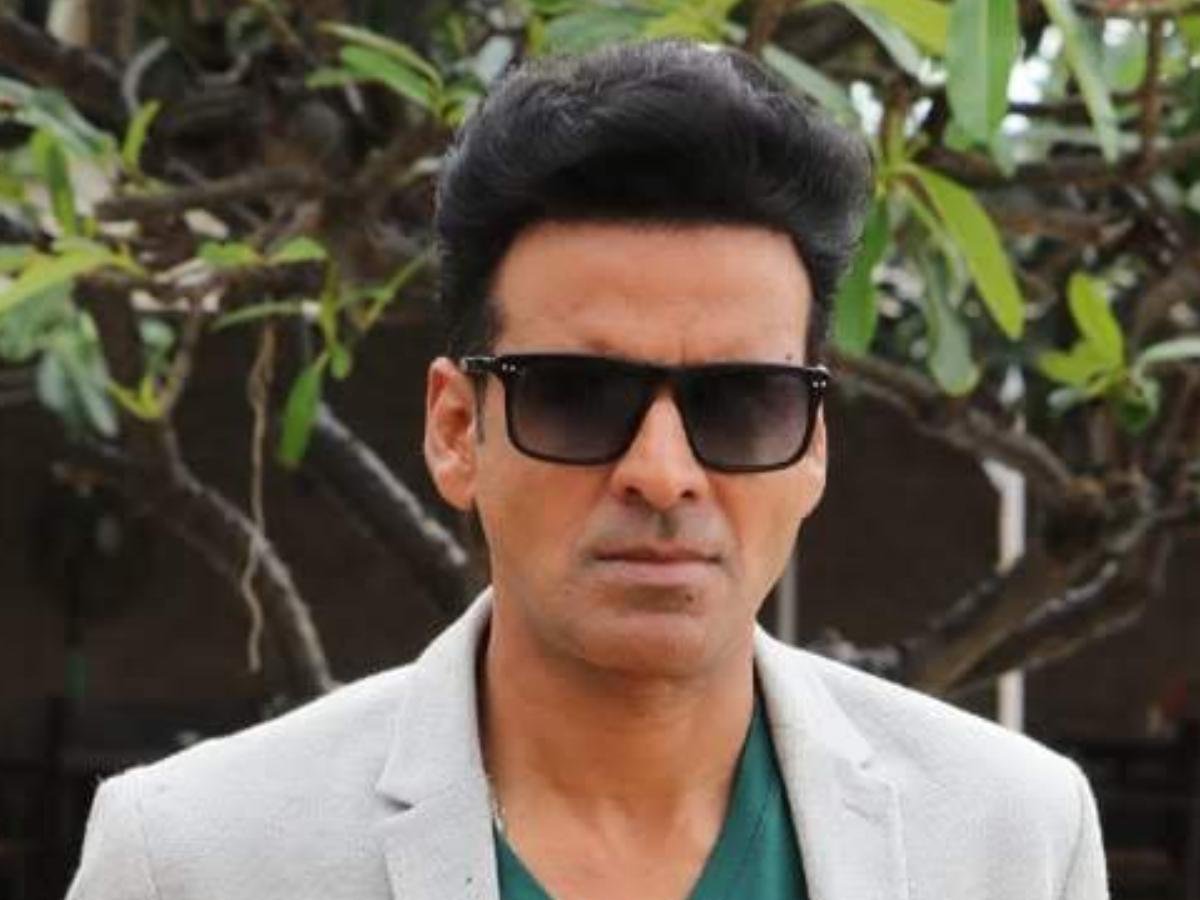
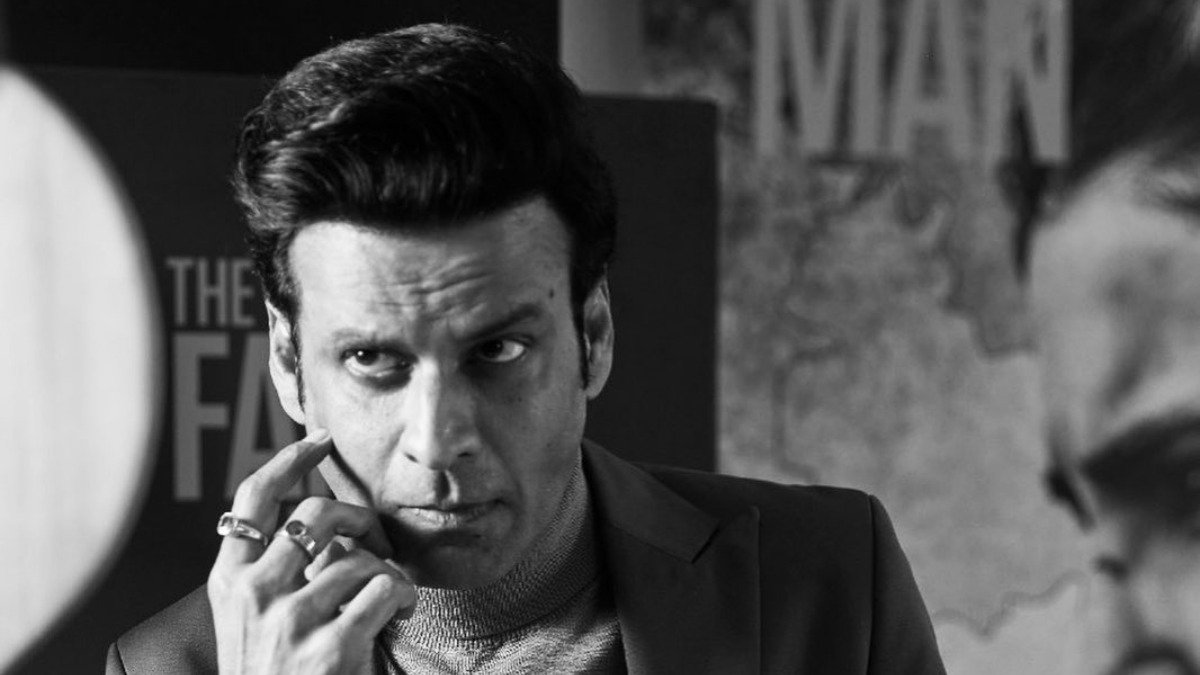
What I have discovered about myself is that I’m quite lazy and lethargic at home, or anywhere else. I am hardly a people person. But when I get out, I somehow very naturally, you know, mingle with people and, you know, talk to them. And also, I’ve realised that I express myself better in front of the camera than in real life. But I’ve learnt to deal with it quite nicely now than ever before. I also have realised that I enjoy the craft more than ever. I’m much more in an easy place now than ever.
You have brilliantly essayed so many memorable and diverse characters over the years, from the iconic gangster of ‘Satya’ (1998), to the tragicomic mafia warlord in ‘Gangs of Wasseypur’ (2012), the ageing, persecuted professor of ‘Aligarh’ (2016), and the multi-faceted, middle-class spy in ‘The Family Man’ (2019), to name just a few. How is it that audiences never can predict what you will floor them with next? What is the secret of this chameleon-like quality?
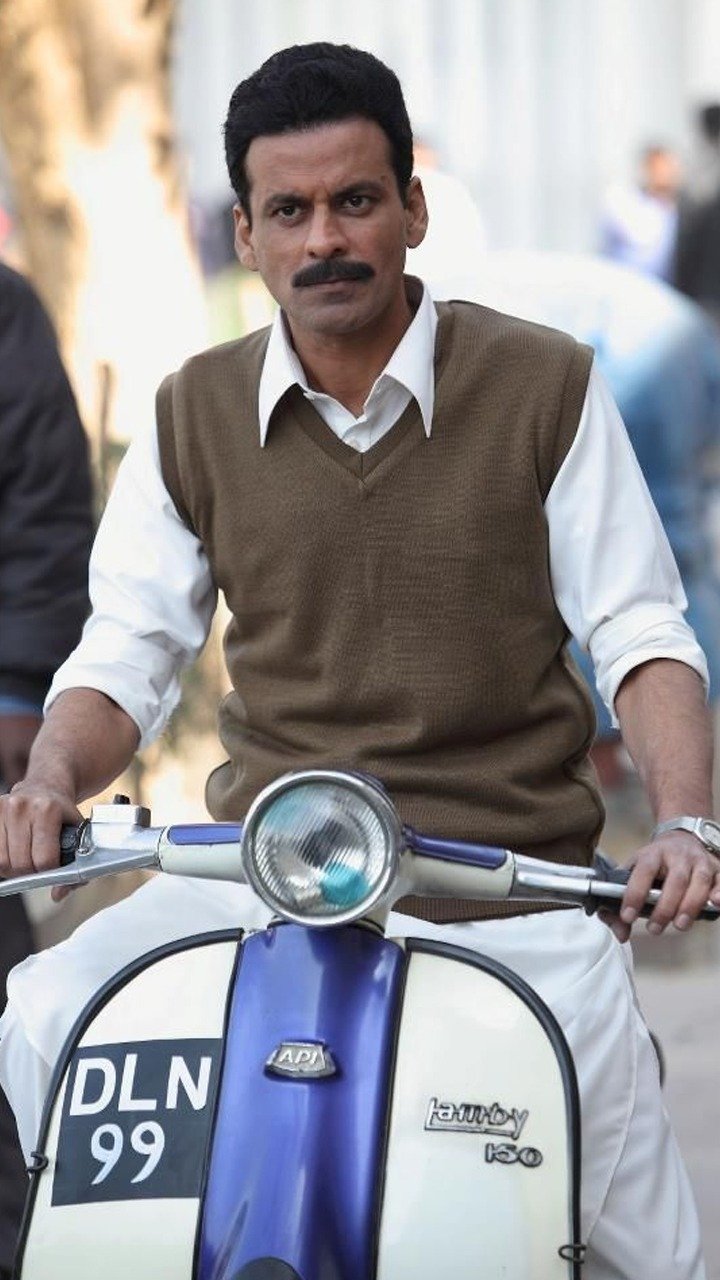
Thank you very much. This was my dream as an actor, to live a very, very different life all the time. And that gives me an immense high. I’m always looking for that time when I look at myself on the screen, and tell myself, ‘Oh, I don’t recognise this guy’. That is the victory moment for me. And that, you know, for that moment, I’ve been working so hard and working towards that moment when I can actually say, ‘Who is that guy? That cannot be me’. So this is the way I look at my actor – to do different roles and live different lives all the time. I do it because I enjoy it. I do it because I don’t want to see myself on the screen.

OTT has introduced whole new generations of audiences to your talent and work. What’s your take on the medium?
Oh yes, I am completely grateful to this platform that it has taken me far and beyond in whichever direction, you know. Whichever town I’m flying to, people are showing so much love on the flight or at the airports or on the roads in the streets. And all age groups – that is something remarkable that has happened to me as an actor – from 11 – 12-year-olds to 70, 80 and 90-year-olds, all of them have started loving me. They are now getting exposed to Manoj Bajpayee through his varied kind of work, which is so heart-warming for me. Every time, I only thank God and feel indebted to all the people who are sending so much love to me.
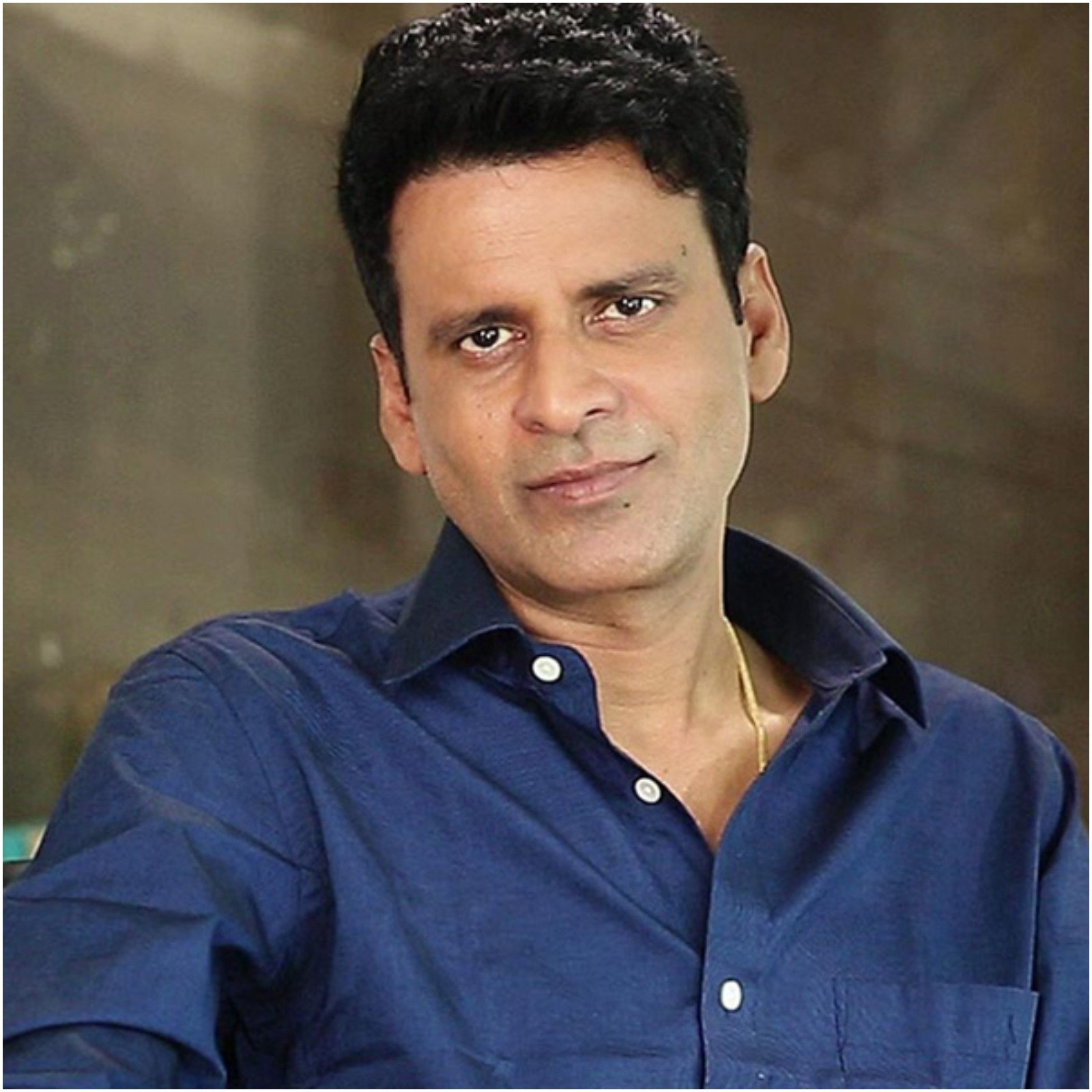
OTT is a great medium. It is so democratic; it really doesn’t, you know, differentiate between actors or the talents from any department. It only looks at them as talent and they choose their favourite. They admire or, you know, shower love according to their performance, purely, not by the numbers that they collect at the box office, which is so amazing. And this is the time that I thought about, prayed for, and I’m so thankful that I’m working in this time. And, you know, I’m taking advantage at this point of time – I’m getting offers which are so remarkable, choices which are so varied and so flattering.
‘The Family Man’ presented you as a star who has to act ordinary. Are you comfortable embracing both the actor and the star within yourself?
I am telling you very honestly, I’ve never looked at myself as a star because stars create euphoria among the audience and actors, you know, are part of the story. They can, at the most, create some kind of emotion in the audience in return for which they get a lot of love and admiration for years. I’m not ashamed to say that I will never hesitate to say that I’m not a star; I’m an actor that people have been loving, for so many years. And they still keep sending out love to me and their best wishes to me. They keep showering blessings and love all the time for all the performances and the hard work that I do and for that I really feel very, very lucky.
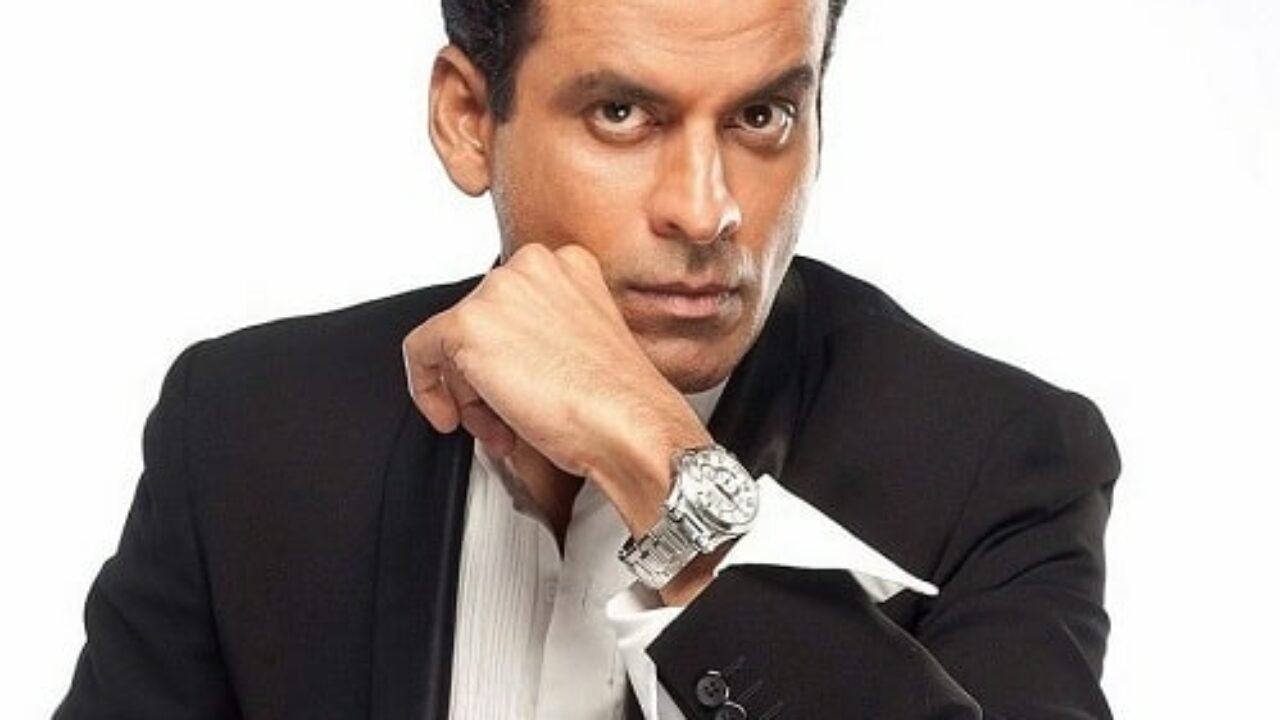
From growing up in Bihar, to moving to Delhi as a teenager to chase your dreams of becoming an actor…
See, a village boy coming to Delhi, getting into Delhi University and then doing theatre, getting recognised there, then coming to Mumbai… After few years of struggle, you know, he gets such a huge recognition and is still working – I would say it’s a miracle! That’s what my wife calls it. I’m still surviving, I’m still acting, doing varied roles and working with some great directors. I feel this is just a miracle that I’m witnessing all the time.
Do you revisit those Delhi days?
I keep going to Delhi, sometimes for some functions, or with the family; Shabana’s home is in Delhi, my brothers and sisters are in Delhi, my friends are in Delhi. I have done theatre in Delhi. We keep revisiting those restaurants, those homes, and those streets; we love Delhi.
If you were to sit and analyse what worked in your favour in those early days and also at other challenging times, what would it be?
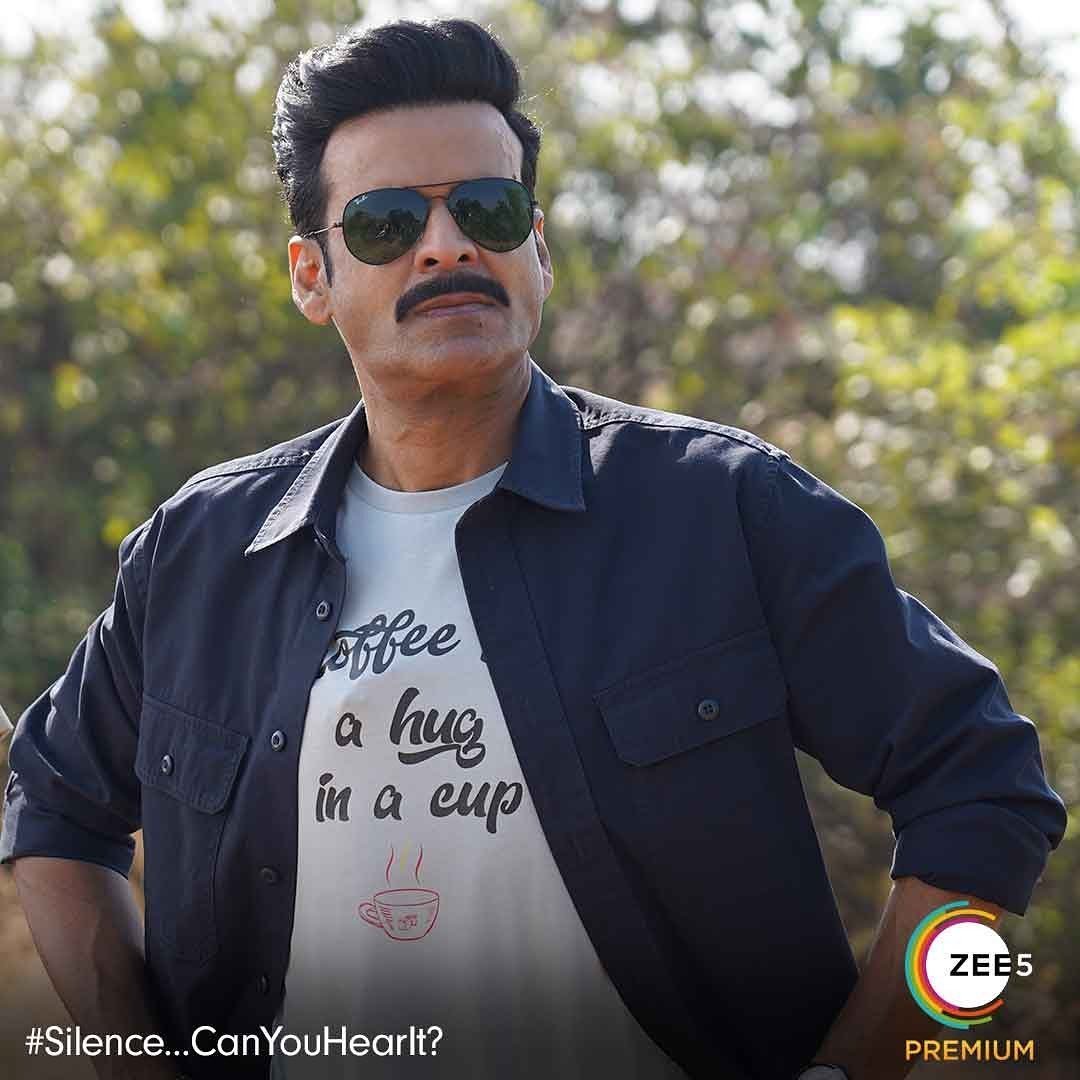
What worked for me is my resilience or stubbornness. And I think the attitude of not letting failure or success define you. And always doing the job because you love doing it, because you find it quite fascinating – the craft itself. So, I think all of these things have saved me from falling into that dark pit.
You have often mentioned your penchant for complex roles. How difficult is it to get under the skin of the complex characters you essay? Do you carry a little bit of your characters within you, much after the film has ended?
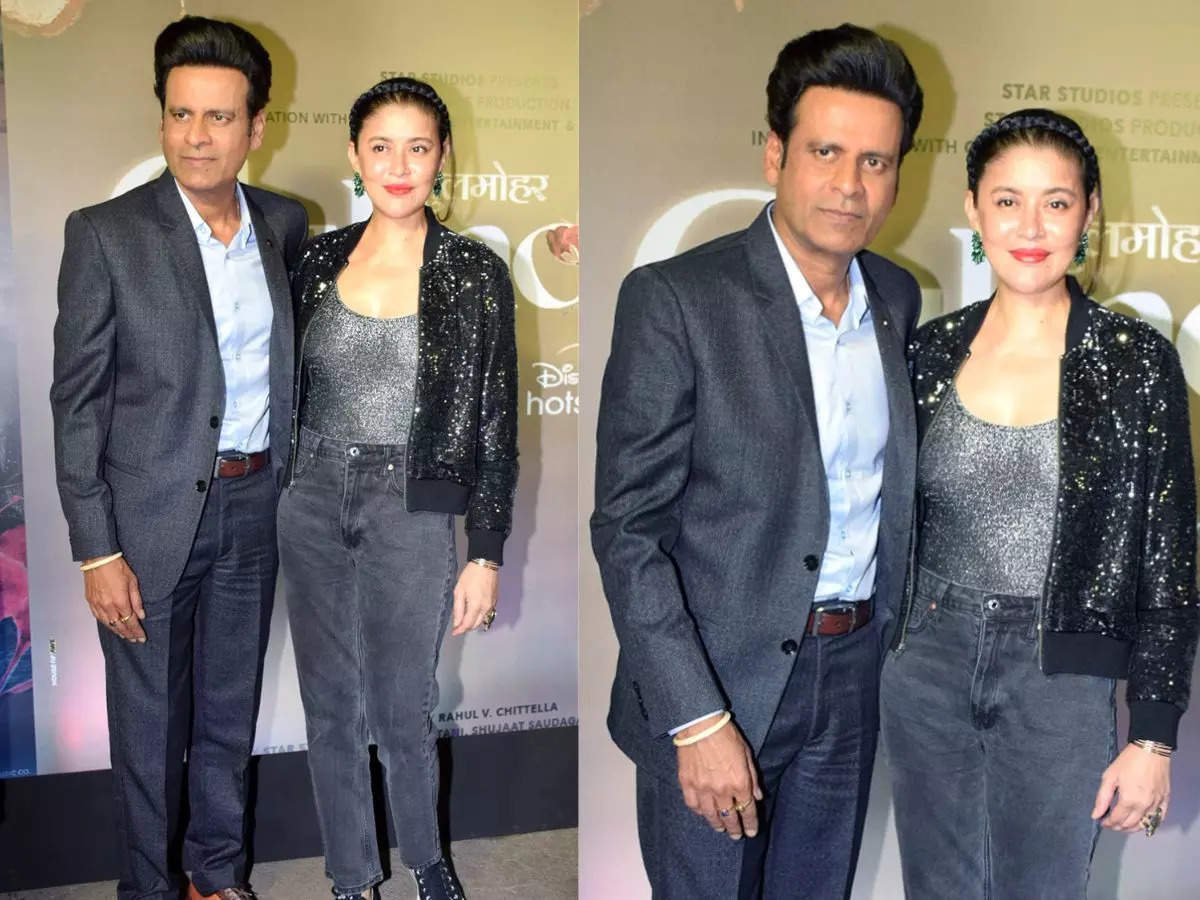
It is very difficult to get into a very complex role, but this is what I enjoy the most. If I don’t really torture myself in finding the character, if I don’t really get into it, dive into it… I don’t feel satisfied. I don’t carry myself into the character at all. I try to stay away from it, and try to find the character through the backstory of it. That’s why I do a lot of characterisation.
Recently, you credited Ram Gopal Varma with changing the industry single-handedly. Do you feel the world is quick to forget a man’s achievements once the glow of success fades?
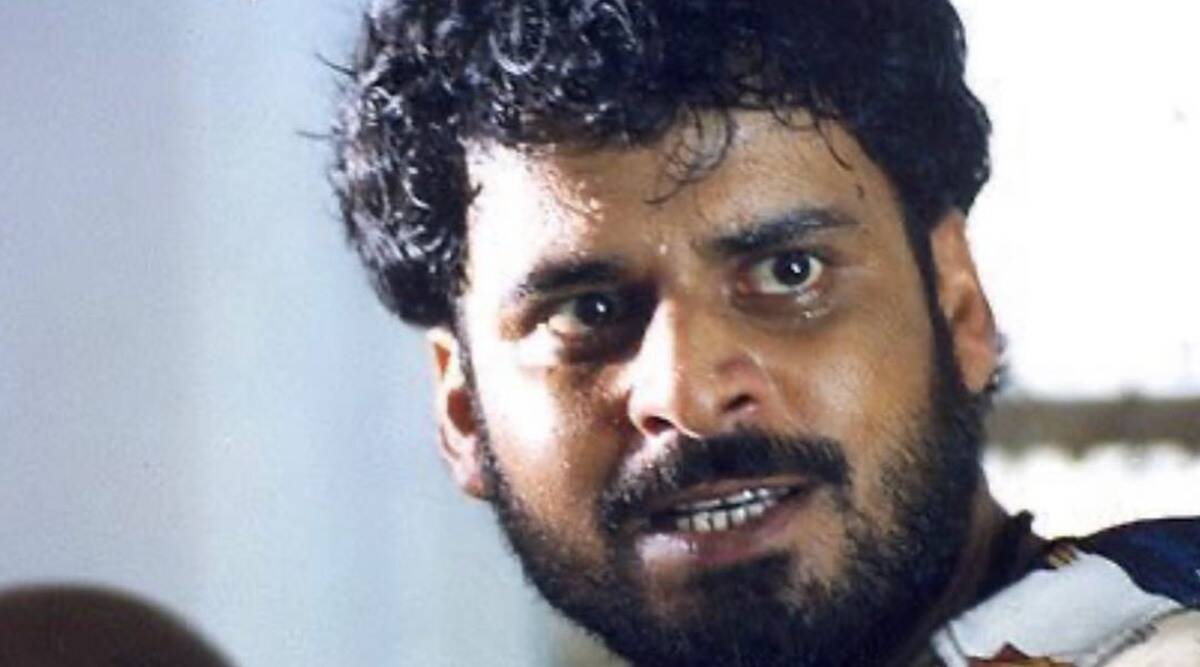
Yes, it is. It is very sad. It is ruthless. And it is so heartbreaking that people forget, when, you know, all the greats stop working, or for some reason, they are not giving hits. That really breaks my heart. But that’s the way it has been always and one should come to terms with this reality. But, till the time I can say it, I will always maintain that he is the one who changed the industry single-handedly. Just imagine, in the time when formula films and all the romantic films were in vogue, this man single-handedly changed the industry with the film (‘Satya’), where he decided to take all the new talents. I mean, otherwise, who would touch Manoj Bajpayee even from a distance? Nobody would have thought of casting him in that role or many other actors for that matter, and so many careers were made. And he kept on making those kinds of films and kept on supporting new directors and writers and new actors. And, you know, because of that consistent effort from him, the industry started seeing new talents coming in and the storytelling started changing. So it’s very, very important to recognise this and say it aloud.
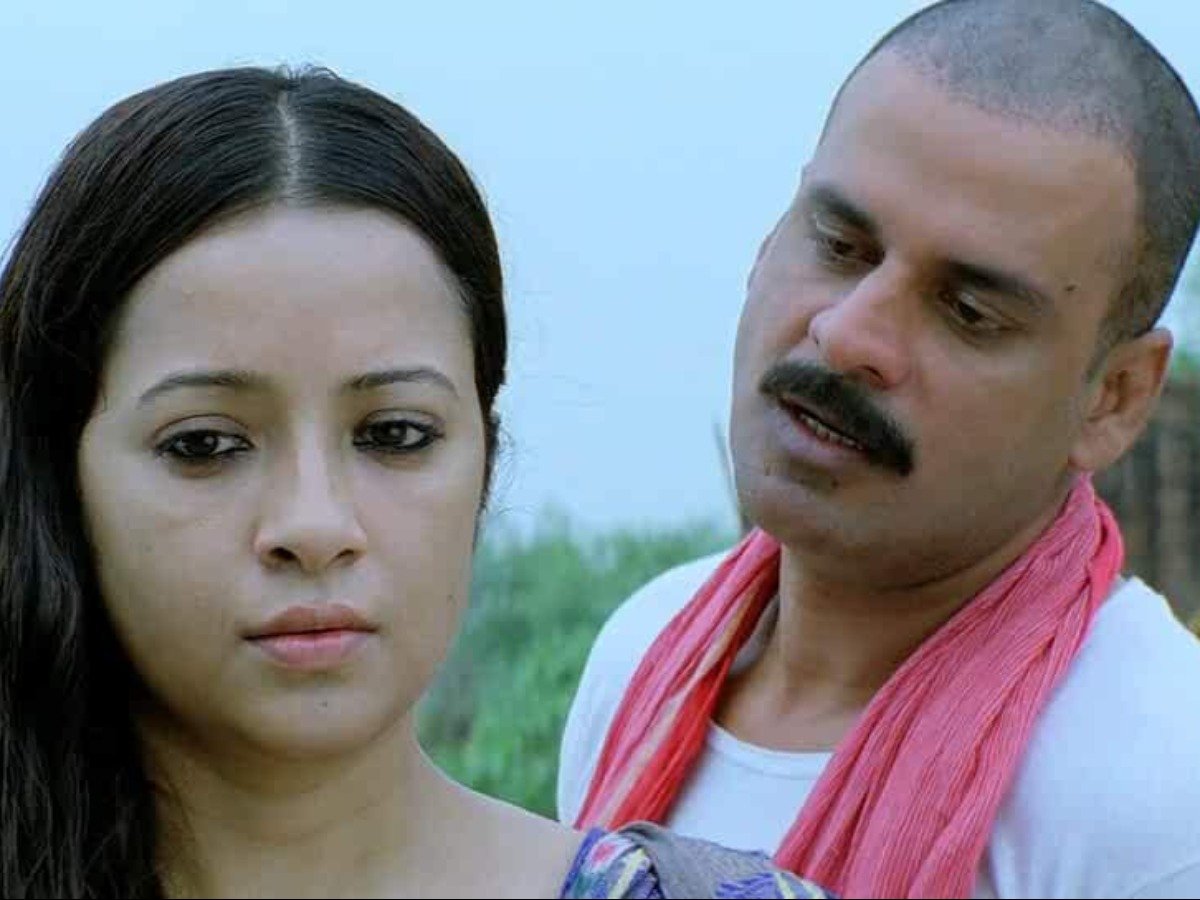
How much of a ‘family man’ are you in real life? It appears that your family is your little cocoon of love and security…
Life has been very, very busy for the past two years. I try to be with my family but because of the work going on back to back it gets difficult, but my family understands that this is a time I’m getting good work and choices which are really great. So I should just go ahead and, you know, do justice to them and make use of this time, which is so fantastic. So now when I’m getting good offers, with the support of my family, I go out and do it. And yes, you’ve rightly said my family is my ultimate cocoon. I just come back and even if I’m sitting here reading my book or a script, or doing my own thing, I just love the fact that I’m home, go for a run and do some freehand and physiotherapy exercises.
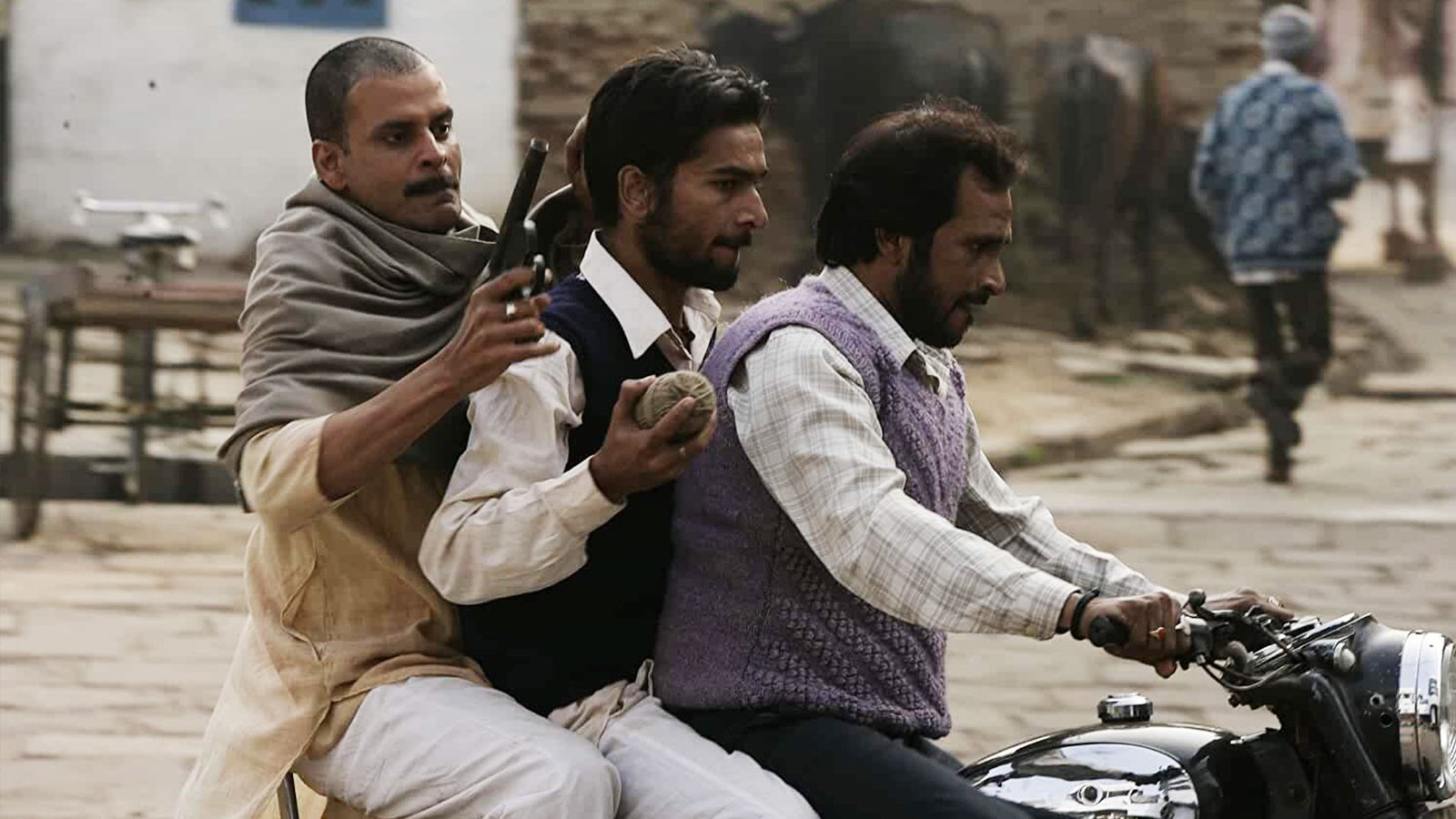
Do you have any more surprises up your sleeve… like turning director, perhaps?
I don’t know… at this point of time, I’m so busy doing, you know, such amazing roles and they are so challenging, so difficult to get it right that being a director doesn’t really cross my mind. But who knows, never say no! One day, one script will arrive and it will, you know, force me to take up the mantle of a director. I will do it but at this point in time no, I’m enjoying just being an actor.
You are the picture of a disciplined and well-balanced life. What is your fitness regimen like?
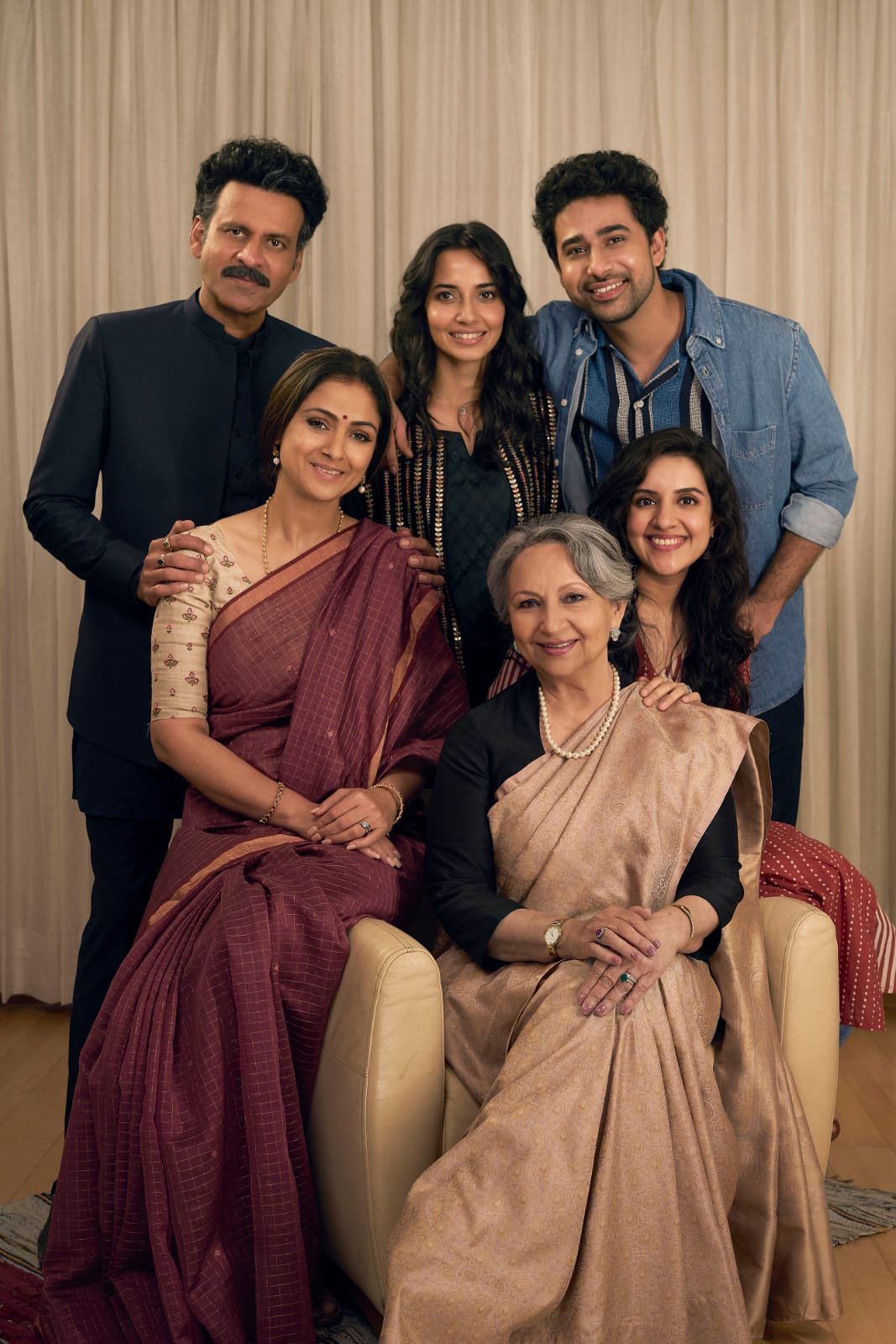
I try to get up early in the morning, by five o’clock, and do my yoga and my meditation and follow a very strict food habit. That is very, very important. And meditation is something that is gifted to me by my spiritual teacher, which has completely changed me.
